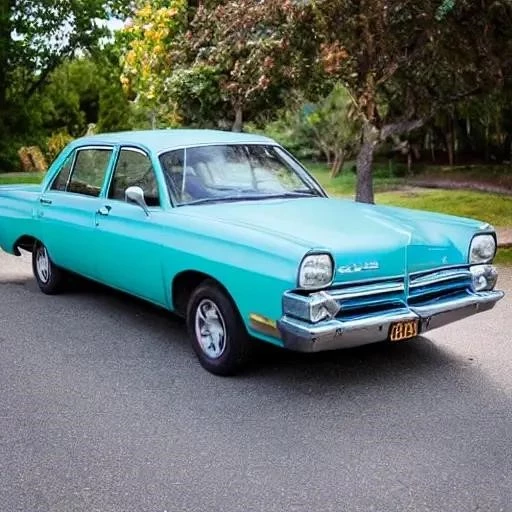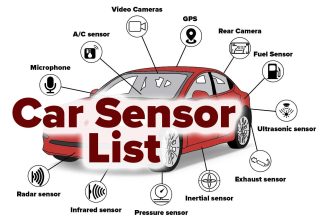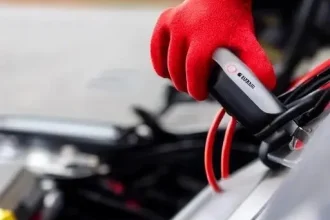Today is 10/04/2025 06:09:22 ()
For many car owners, the dreaded “bad transmission” diagnosis signals the end of the road. It’s a moment often accompanied by a sinking feeling, knowing that repair costs can easily soar into the thousands, sometimes exceeding the vehicle’s actual worth. Faced with this costly dilemma, countless individuals ponder their options: sink more money into an aging asset, try to sell a problematic vehicle, or simply let it languish, accumulating rust and regret, in the driveway. This common predicament, however, often overlooks an incredibly impactful and surprisingly simple solution that transforms a seemingly insurmountable problem into a profound act of generosity.
Indeed, the notion of donating a car with a major mechanical failure, like a bad transmission, might initially seem counterintuitive. Yet, a vibrant ecosystem of charities across the nation is not only eager to accept such vehicles but actively transforms them into vital resources for their missions. By choosing to donate car with bad transmission, you’re not just offloading a burden; you’re embarking on a journey of significant community contribution, all while potentially reaping personal tax benefits and enjoying a remarkably convenient process. It’s an optimistic outlook on what many consider a vehicular death sentence, offering a forward-looking perspective on responsible disposal and impactful giving.
| Category | Key Information & Benefits |
|---|---|
| Accepted Conditions | Most reputable charities readily accept vehicles in nearly any state: running, non-running, damaged, wrecked, or even with critical mechanical issues such as a blown engine or a bad transmission. Specific exclusions might apply for vehicles missing major components like the engine, transmission, or wheels. |
| Typical Charities Accepting | A diverse range of national and local non-profits actively seek vehicle donations, including established names like Goodwill, The Salvation Army, Catholic Charities, Habitat for Humanity, American Red Cross, KQED, Vehicles For Change, and the American Kidney Fund. Many smaller, community-focused organizations also participate. |
| Benefits for Donors |
|
| Charitable Impact | The proceeds from donated vehicles fuel critical initiatives: funding adult rehabilitation centers, providing essential resources for job seekers, building homes for families in need, supporting disaster relief efforts, sustaining public broadcasting, or offering crucial assistance to kidney patients. Vehicles are efficiently processed through sales, recycling, or strategic salvaging for parts. |
| Simplified Process Overview | Initiate contact with your chosen charity via phone or their online donation form. Schedule a free and convenient vehicle pickup. Upon collection, receive a documented receipt crucial for your tax deduction. Essential requirements typically include proof of vehicle ownership, such as the title. |
For detailed information regarding vehicle donation and its tax implications, consult the official IRS guidelines: IRS Publication 526 — Charitable Contributions
The financial burden of a failing transmission is truly formidable. Industry experts estimate that replacing a blown motor or a failed transmission can cost anywhere from $3,000 to $7,000, a sum often prohibitive for older vehicles or those with high mileage. This stark reality leaves many car owners feeling trapped, staring at a vehicle that’s transformed into an expensive paperweight. However, this predicament presents a unique opportunity for altruism. Instead of viewing your non-running car as an albatross, consider it a potential catalyst for profound change, a valuable asset awaiting transformation into robust community support through the simple, empowering act of donation.
The process itself is remarkably streamlined, designed precisely to ease the burden on the donor. Esteemed organizations like Goodwill, The Salvation Army, Catholic Charities, Habitat for Humanity, and the American Red Cross, among countless others, have diligently perfected a system that includes free towing from almost any location. By simply making a phone call or filling out a quick, intuitive online form, you can arrange for your vehicle to be picked up, often within a few days, at absolutely no cost to you. Subsequently, you receive a meticulously documented receipt for your tax deduction, an incentive that can significantly offset the hassle and expense of repairs or difficult private sales, making it a truly win-win scenario for both donor and recipient.
But how, precisely, does a car with a bad transmission become such a powerful force for good? Charities possess incredibly sophisticated operational models for vehicle donations. Many partner with specialized services, like CARS, which efficiently manage the intricate logistics from pickup to final disposition. These generously donated vehicles are either carefully refurbished and sold, auctioned off to mechanics or enthusiastic project car seekers, or meticulously salvaged for valuable parts and scrap metal. The generated proceeds, whether from a direct sale or comprehensive recycling efforts, are then judiciously channeled directly into the charity’s core programs, breathing new life into community initiatives that desperately need sustained funding;
Consider the tangible, life-changing impact: a vehicle donated to The Salvation Army directly helps fund their Adult Rehabilitation Centers, offering a crucial lifeline to those courageously battling addiction. Catholic Charities strategically leverages vehicle donations to provide essential interview and work clothing for job seekers, directly removing critical barriers to employment for hundreds annually. Habitat for Humanity utilizes these invaluable contributions to support families in local communities, tirelessly building homes and, more importantly, hope. As Sean, an automotive photographer and enthusiast, with a B.A. in Literature and Writing Studies, aptly notes, even a car with significant mechanical issues, such as a rough transmission, still holds inherent value, particularly if its frame remains clean and structurally sound. This expert perspective powerfully underscores the often-underestimated worth of even seemingly defunct automobiles.
In an era where sustainability, community support, and responsible resource management are paramount, donating your car, even one suffering from a bad transmission, stands as a profoundly powerful testament to forward-thinking generosity. It’s an act that transcends the immediate problem, transforming a personal inconvenience into a far-reaching societal benefit; By choosing this altruistic path, you are not merely disposing of an old car; you are investing in a brighter future, empowering charities to continue their invaluable work, and actively participating in a cycle of giving that proves remarkably effective. This isn’t just about charity; it’s about smart, compassionate stewardship, demonstrating unequivocally that even a broken machine can spark profound positive change across countless lives.





